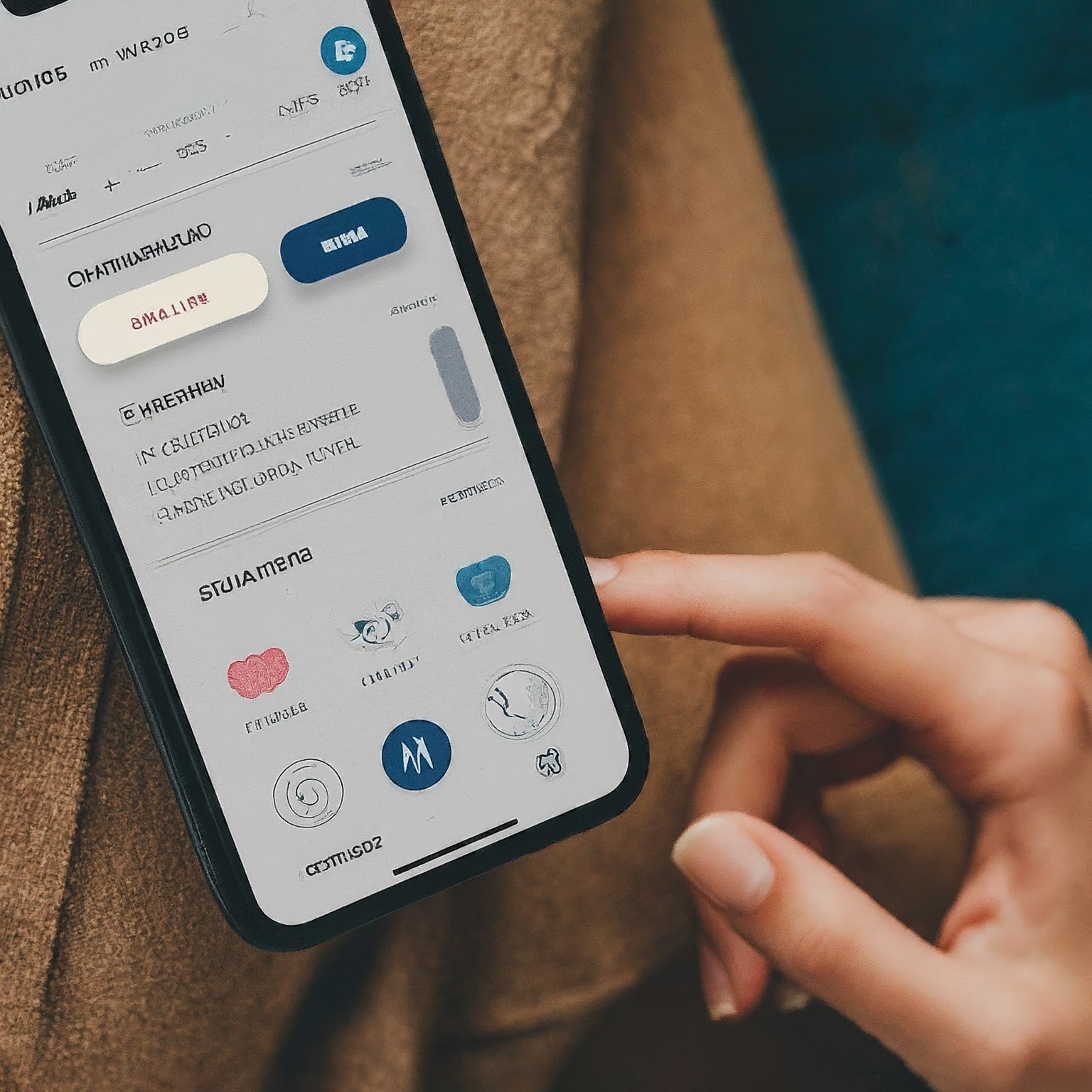MCM client apps are emerging as indispensable tools in the modern, mobile-centric workplace. With their focus on secure access, streamlined workflows, and enhanced data management, MCM apps are transforming how businesses operate in the digital age.

What is an MCM Client App?
At its core, an MCM client app (Mobile Content Management client application) is a software agent installed on a mobile device. It serves as a secure gateway, allowing users to access, manage, and share work-related content – documents, presentations, spreadsheets, and more – while adhering to strict security protocols.
Key Features of MCM Client Apps
Secure Data Access: MCM apps utilize robust encryption and authentication measures to ensure that sensitive corporate data remains protected, even when accessed on personal devices.
Data Loss Prevention (DLP): These apps often include features like remote wipe capabilities, preventing unauthorized access to sensitive information in case of device loss or theft.
Document Management and Collaboration: MCM apps streamline document workflows, allowing users to edit, share, and collaborate on files in real-time.
Version Control: By tracking changes and maintaining version histories, MCM apps ensure everyone is working with the most up-to-date documents.
Offline Access: Many MCM apps enable offline access to documents, allowing users to continue working even when they have limited or no internet connectivity.
The Benefits of MCM Client Apps
MCM client apps deliver a wide array of benefits for both businesses and their employees:
Enhanced Productivity
Streamlined Workflows: MCM apps eliminate the need for cumbersome email attachments and manual file transfers.
Real-Time Collaboration: Teams can collaborate seamlessly on documents, regardless of their location.
Mobile Access: Employees can work productively from anywhere, at any time, using their mobile devices.
Increased Security
Data Encryption: MCM apps safeguard sensitive corporate data with robust encryption protocols.
Access Controls: Administrators can define granular access permissions to ensure that only authorized personnel can access specific documents.
Device Management: Remote wipe capabilities protect data in case of device loss or theft.
Improved Compliance
Audit Trails: MCM apps maintain detailed audit trails of document access and modifications, aiding in regulatory compliance.
Data Governance: These apps help organizations adhere to strict data governance policies.
Reduced Costs
IT Overhead: MCM apps simplify IT management by centralizing document control and distribution.
Printing Costs: By encouraging digital document workflows, MCM apps can reduce the need for physical printing.
Use Cases for MCM Client Apps
MCM client apps find applications in a wide range of industries and use cases:
Healthcare: Securely sharing patient records and medical documents among healthcare professionals.
Financial Services: Ensuring the confidentiality of financial data and client information.
Legal: Managing and sharing legal documents in a secure and compliant manner.
Education: Distributing course materials and facilitating collaboration among students and teachers.
Sales and Marketing: Providing sales teams with instant access to marketing collateral and sales presentations.
Choosing the Right MCM Client App
When selecting an MCM client app, businesses should consider several factors:
Security Features: The app should offer robust security measures like encryption, authentication, and access controls.
Device Compatibility: The app should be compatible with the organization’s mobile devices (iOS, Android, etc.).
Ease of Use: The app should be user-friendly and intuitive, with a minimal learning curve.
Integration: The app should integrate seamlessly with the organization’s existing IT infrastructure.
Cost: The app should be affordable and offer a good return on investment.
The Future of MCM Client Apps
The MCM client app market is expected to continue its rapid growth in the coming years. As more and more businesses adopt mobile-first strategies, MCM apps will play an increasingly critical role in enabling secure and productive mobile work.
Emerging Trends:
Artificial Intelligence (AI): AI-powered MCM apps will offer features like intelligent search, document classification, and automated workflows.
Cloud Integration: Cloud-based MCM solutions will provide even greater flexibility and scalability.
Internet of Things (IoT): MCM apps will increasingly integrate with IoT devices, enabling the secure sharing of data from sensors and other connected devices.
conclusion
MCM client apps are reshaping the way businesses manage content and collaborate in the digital age. By empowering employees to work productively and securely from anywhere, these apps are driving innovation and competitiveness in today’s mobile-first world.


